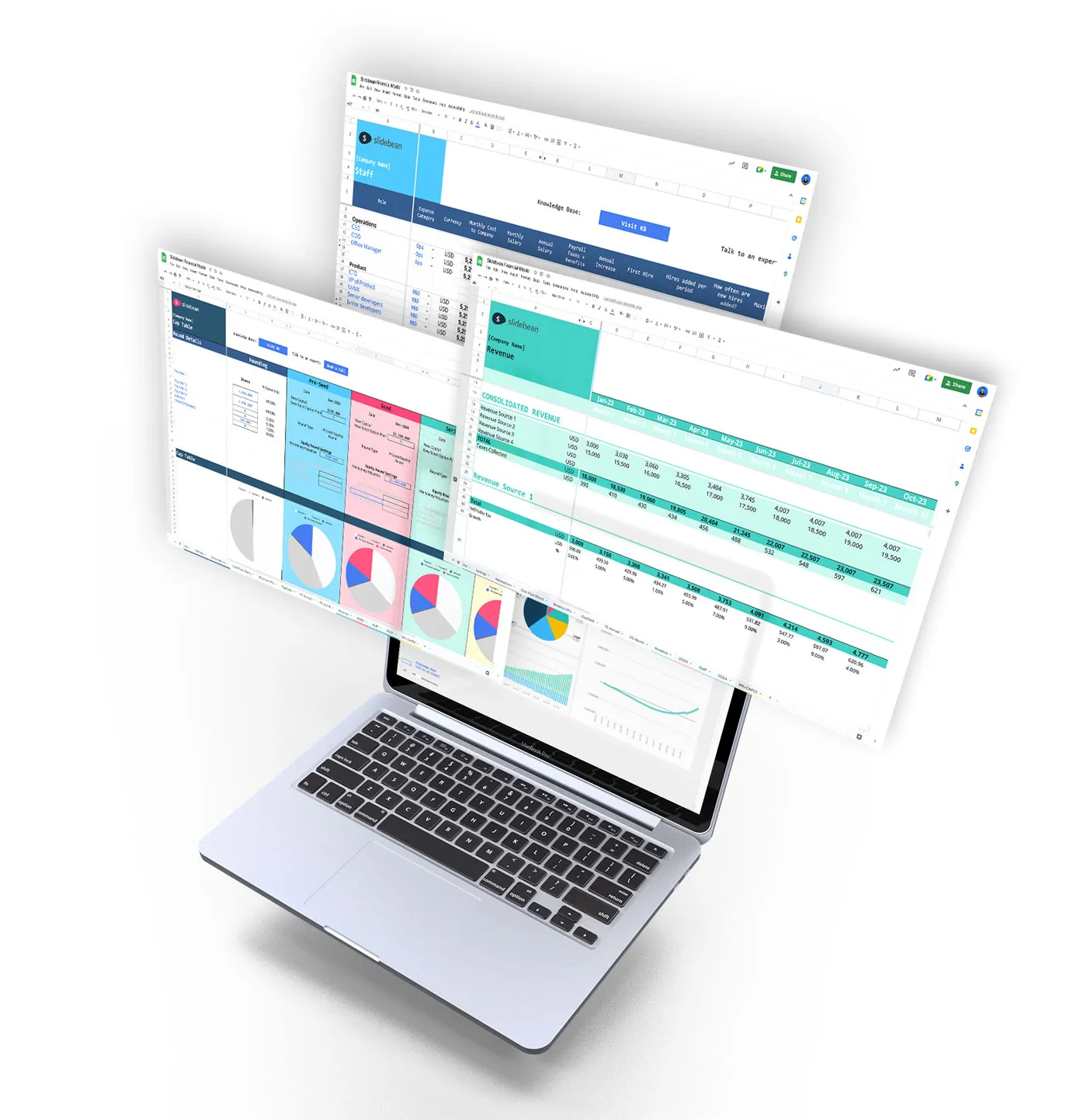
Cryptocurrency is booming, and it's going mainstream. Bitcoin broke $10,000 per unit in November 2017, and since then, more and more people have become interested in this internet 'curiosity'.
Coinbase peaked as the most downloaded app in the App Store in early December, and different bitcoin exchanges are reporting 100,000 new registrations per day. But few of these new adopters truly understand what bitcoin is all about, and how it could change the world.

Bitcoin is a decentralized cryptocurrency. In plain inglés, it's a virtual currency (money) that can be used for payments, without depending on a centralized bank.
Your American Express and your Visa cards are all controlled by a central bank, that instantly checks if you have funds to afford your credit card swipe. That check is done on a huge database called a ledger, that is hosted by a bank, somewhere.
Cryptocurrencies, on the other hand, have a ledger that is maintained by thousands of computers worldwide. It's pretty much un-hackable because thousands of systems around the world keep a backup of each transaction.
So, here we go.
Bitcoin power consumption - The Bad

The Bitcoin mining network consumes more power than all the countries marked in orange.
It is estimated that 29.05 TWh of electricity was used to mine bitcoin this year, which is more than the annual electricity consumption of all these countries.
The reason Bitcoin 'wastes' so much power, is that the miners are required to solve very advanced algorithms to add new data to the ledger. Think of it like a recaptcha test, to ensure a hacker isn't able to overflow the network with tampered transactions.
This security setting is costing the world a lot of power, especially because some of the largest Bitcoin mines operate out of countries where electricity is cheap, but also, not clean.
IOTA: the new kid on the block - The Good
Over 1,000 altcoins have been invented in the last few years, many of them following similar technology as Bitcoin.
One of them called IOTA sparked our interest. Instead of the Blockchain (chain of information blocks) used in Bitcoin, IOTA uses a database called 'The Tangle'.
Instead of requiring a network of miners to keep the IOTA ledger, each person transacting with IOTA helps keep it by validating two other transactions before processing theirs. This effectively makes the network exponentially more powerful the more people use it, but more importantly, FREE.
Buy some Bitcoin and join the fun - The Tip
Bitcoin is an extremely risky investment, but it is the beginning of a technology that might as well change the way we deal with payments in the not so distant future.
Buying as little as $25 worth of Bitcoin will be enough to get introduced to how things work, how to store value on a digital wallet and how to transfer it to other people. If you care about your $25, it will force you research more about it and stay updated with the news.
Who knows, it might be $2,500 by the end of 2018.





